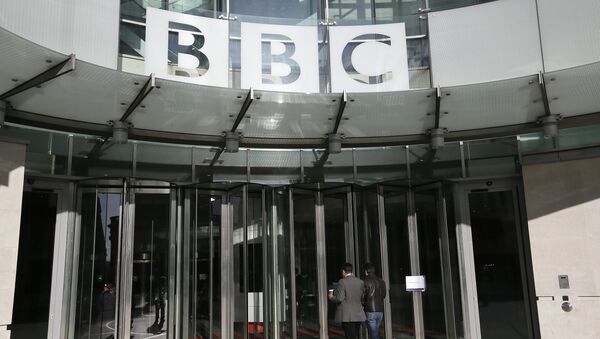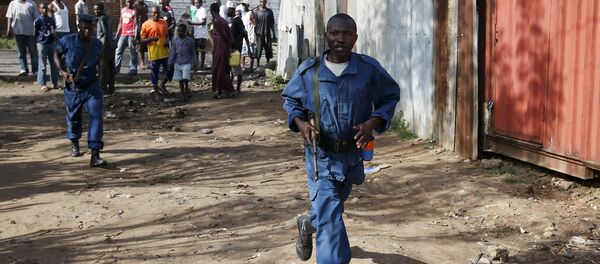The landlocked Central African country of Burundi has banned the BBC and indefinitely suspended the Voice of America*, accusing the international UK and US outlets of spreading "lies" and disinformation.
In a statement put out on Friday, Burundi's media regulator said it revoked the British Broadcasting Corporation's license over a lack of "proper measures" taken following the airing of a documentary which authorities said contained falsehoods, including allegations that members of the intelligence services engaged in the detention and torture of dissidents.
Official docs why BBC’s license in #Burundi has now been revoked. Statement says following a suspension of 6 months last year, BBC didn’t keep promise for “proper measures” and followed with documentary regulatory body says was “full of lies and didn’t comply with Bdi press laws” pic.twitter.com/Pj20cCSKu4
— Victoria Uwonkunda (@Msuwonkunda) 29 марта 2019 г.
Meanwhile, Voice of America saw its license pulled over its employment of Patrick Nduwimana, a radio journalist suspected of involvement in a failed coup attempt against President Pierre Nkurunziza in May 2015.
Both the BBC and the VOA already received six-month suspensions last May ahead of a constitutional referendum seeking to allow for the extension of Nkurunziza's term in office by two terms.
The BBC blasted the Burundian government's "unwarranted decision" against itself and the VOA, saying that the move "strikes a serious blow against media freedom."
BBC Statement on Burundi: pic.twitter.com/AP9z8vccgT
— BBC News Press Team (@BBCNewsPR) 29 марта 2019 г.
VOA director Amanda Bennett said the US government-funded broadcaster was "alarmed that reporters in Burundi are now forbidden to communicate with VOA," and echoed the BBC's sentiment that "these continuing threats to our journalists undermine press freedom in the country."
Both the BBC and VOA continue to broadcast into Burundi using shortwave frequencies which can be picked up by ordinary radios.
Speaking to VOA by phone, Willy Nyamitwe, a senior advisor to President Nkurunziza, said the media outlets were banned for spreading 'fake news'.
"Some international media are biased. Everybody knows some reports were fake reports, fake news," he said. "So if people cannot even try to speak the truth…if some people are using some media outlets only to spread lies, what other comments do I have to do?" he asked.
Hundreds of thousands of Burundians were have been displaced and up to 1,200 killed in clashes with security forces between 2015 and 2017. In May 2015, rebel officer Godefroid Niyombare announced in a radio broadcast that President Nkurunziza and his government had been "dismissed" while the president was on a visit to Tanzania. The announcement led to heavy street fighting for control of state and private broadcasters, with five independent news agencies said to have been completely or partially shuttered in the aftermath of the violence.
Last May, Burundians overwhelmingly approved changes to the country's constitution to approve Nkurunziza running for up to two more additional terms as president. The US and the EU dismissed the vote, alleging that it was marred by 'intimidation, repression and violence' against the opposition.
*Listed as a foreign agent in Russia.



